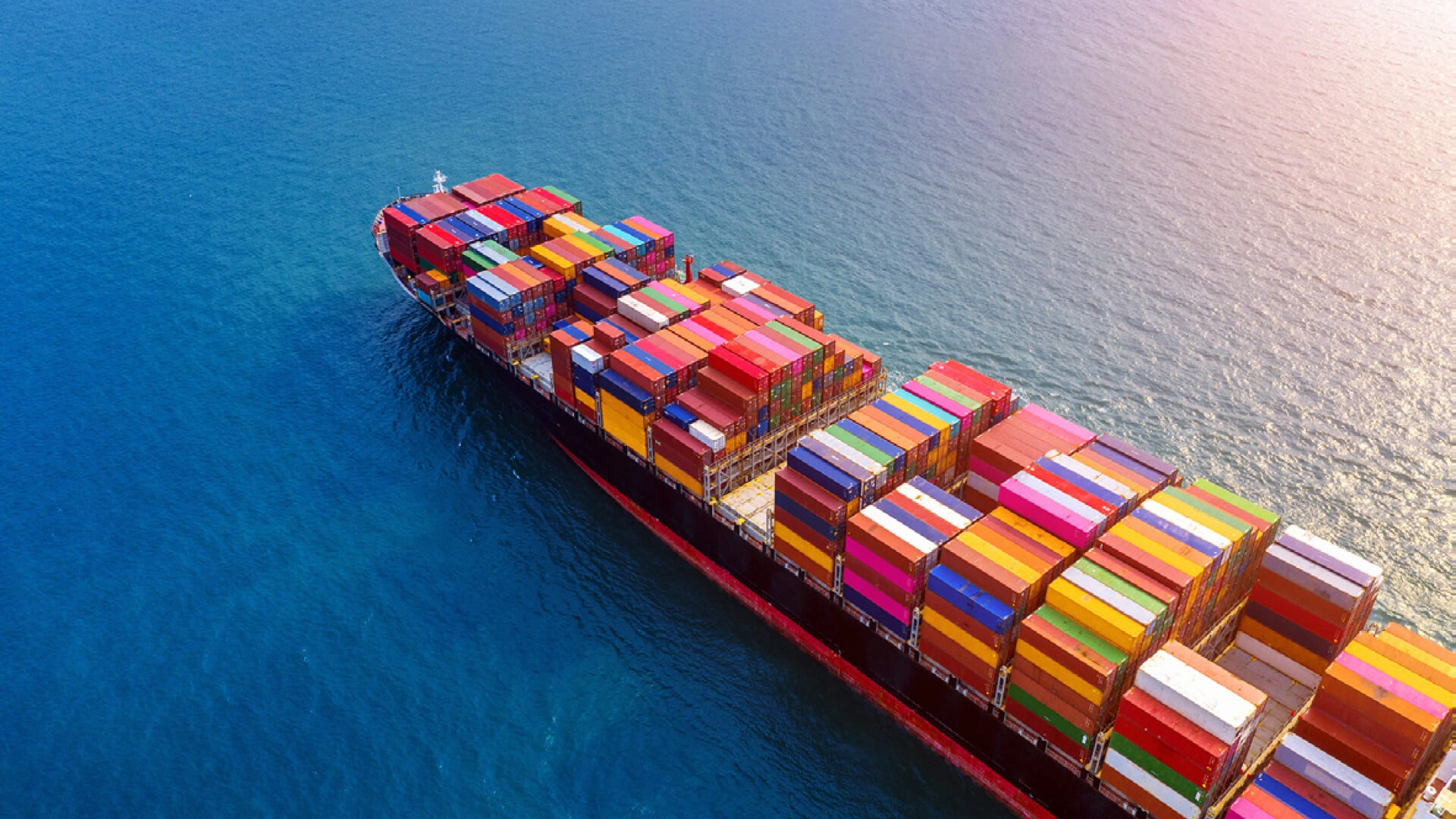Blockages at port terminals are a persistent reality in the context of the global pandemic. However, what is truly important and worrying about this situation are the serious consequences it entails.
These consequences are directly related to the productivity and economy of countries, since in a globalized world like the one we live in, trade between nations is essential. In this sense, blockages at port terminals create great difficulties for various companies and multinationals in maintaining their production dynamics, and sometimes they are even forced to shut down their factories.
This is the case, for example, of Nissan and Renault, which during the month of April 2021 suffered the serious consequences of the blockade at the Port of Buenos Aires. The blockade generated significant production losses and severely affected the job security of a large number of metalworkers. It is estimated that for each day of blockage at a port terminal, approximately 115 trucks were not manufactured.
This statistical data only hints at the magnitude of the consequences of blockages at terminals. Given this, provincial and national governments are forced to take into account the effects and outcomes that changes in port openings or closures can generate when adopting restrictive measures.
The consequences of port terminal blockages are not felt only in one country, as the restrictions imposed and generated in one country have repercussions in another region, which is unable to trade and obtain certain types of products.
In conclusion, the global economy is increasingly interconnected and dependent on international trade. Therefore, terminal blockages must be considered with a focus on the effects generated on global logistics.
